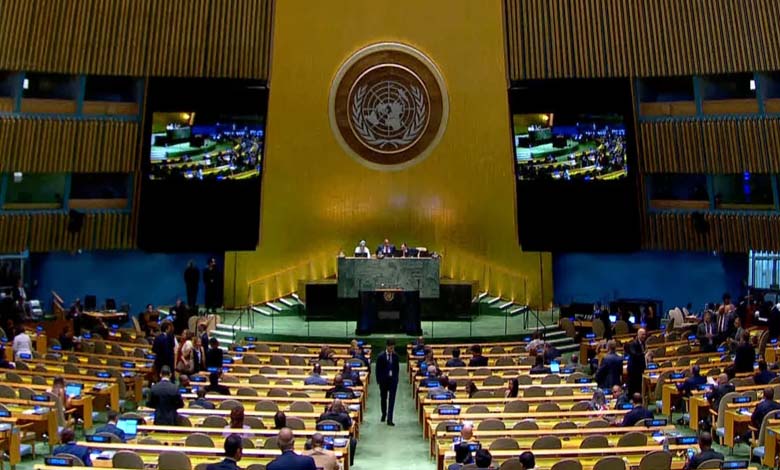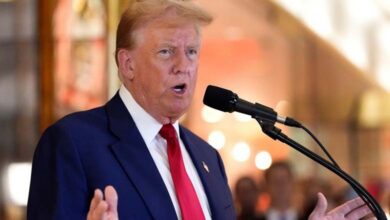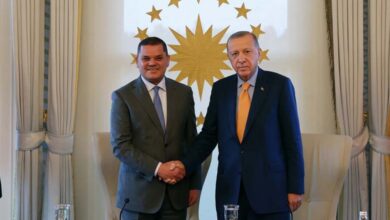Who Speaks First at UN Meetings? The Secret Behind the Order of Speeches

Every September, the “speech marathon” begins at the United Nations: who takes the floor first, and who waits their turn in an order shaped by both tradition and politics?
It is the busiest — and perhaps most high-profile — week at UN Headquarters in New York, when world leaders gather to address global challenges and highlight their nations’ priorities.
On September 9, the 80th session of the UN General Assembly opened. The highlight of this cycle is the annual General Debate, which culminates with speeches by heads of state and government during the final week of the month.
-
Expected American Veto to Prevent Palestinian Membership in the United Nations
-
The United Nations describes Gaza as an uninhabitable area
What is the General Debate?
The General Debate is the annual September meeting that brings together the leaders of the 193 UN member states. Traditionally, it is the first major event of the session. Except for a few concurrent high-level meetings, it is the only occasion where heads of state and government speak directly.
According to the UN website, there is no immediate debate or dialogue after the speeches. However, member states retain the right of reply, which is submitted in writing to the session’s chair.
-
The United Nations warns of a health disaster in Gaza for these reasons
-
Sudan raises “red card” against the United Nations Mission
Who speaks first?
By custom, the Secretary-General delivers a statement after opening the session, followed by the President of the General Assembly.
Since the 10th session in September 1955, Brazil has traditionally opened the debate, followed by the United States as the host country.
-
Funny and unforgettable moments in the history of the United Nations General Assembly
-
The United Nations: More than 5 million Sudanese displaced due to the war
The speaking order for other states is determined by several factors: geographical balance, level of representation, and individual preferences — for instance, whether a head of state is present in New York at the start of the week.
Besides member states, only a few other entities may address the Assembly: the Holy See and the State of Palestine, as non-member observers, as well as the European Union, which also holds observer status.
-
Guterres on a Global Tour… United Nations Messages on the World Stage
-
The United Nations accuses the Houthis of committing war crimes since the end of the truce agreement; Details
How long are the speeches?
Leaders are requested to limit their remarks to 15 minutes. A flashing red light signals when their time is up, though they are never interrupted.
The record for the longest speech still belongs to Fidel Castro, who in 1960 spoke for 269 minutes — nearly four and a half hours — despite promising to “be brief.”
-
Fighting terrorism and drought… the most prominent files of the President of Somalia at the United Nations
-
Rabat refutes before the United Nations the absence of the criteria of “self-determination” on the Moroccan Sahara
Other speeches became famous not for their length but for their impact. In 2006, amid tensions with Washington, Hugo Chávez labeled George W. Bush “the devil.” In 2009, Muammar Gaddafi spoke for 100 minutes, harshly criticizing the Security Council and the veto power of its five permanent members.
In 2012, Benjamin Netanyahu held up a cartoon drawing of a nuclear bomb to warn of Iran’s progress toward nuclear weapons. In 2017, Donald Trump threatened to “totally destroy North Korea,” referring to Kim Jong-un as “Rocket Man.”
-
The United States and France are entangled in the United Nations’ entanglement in the Middle East
-
The United Arab Emirates in the Security Council… ‘It’s time to move beyond expressing concern












